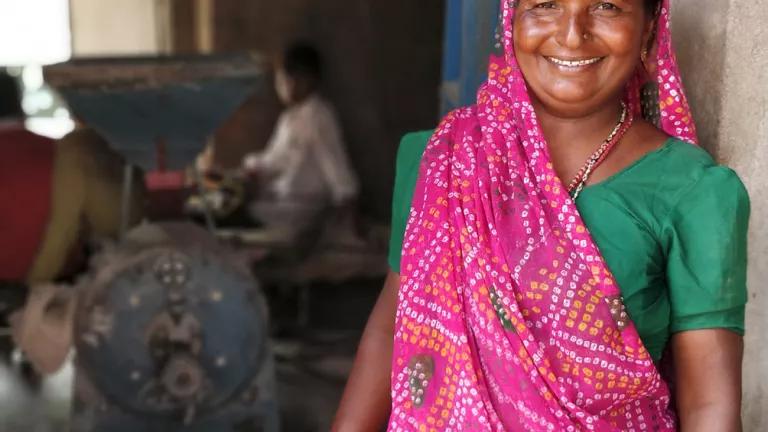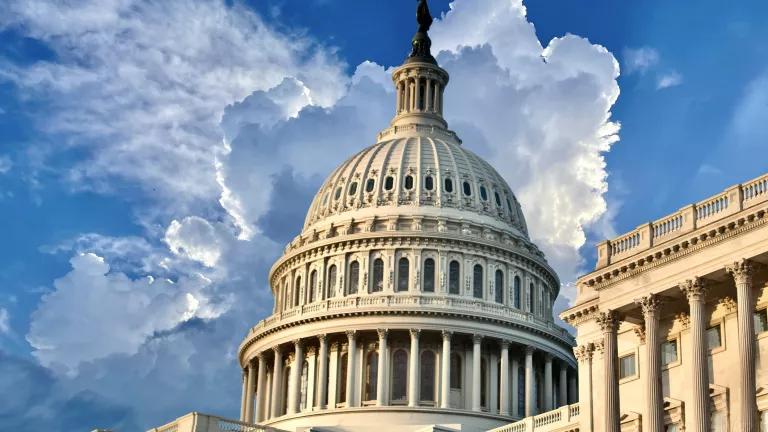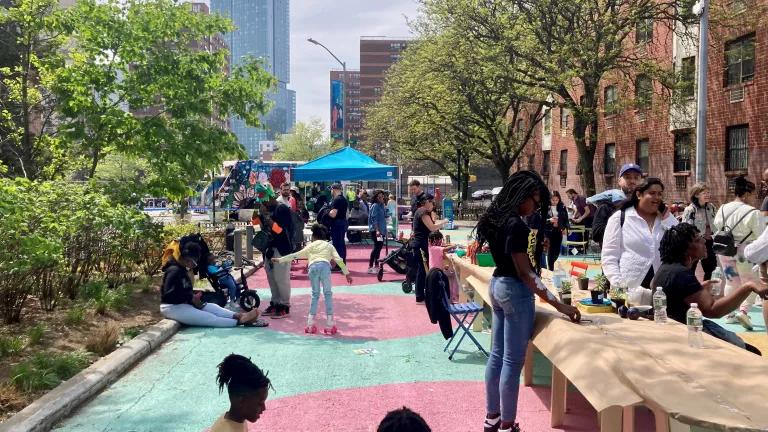India Celebrates Energy Conservation Day
India has taken strong strides on its clean energy transition. While India's energy needs are expected to grow, energy efficiency can help meet them cost-effectively while leaving a better environment for the next generation.
To commemorate National Energy Conservation Day, states and agencies in India renewed their commitment to a sustainable and energy efficient future with awareness campaigns and new environmentally focused initiatives. Celebrated every year on the 14th of December, the day is a reminder of India’s commitment to clean energy and combating climate change.
At an event organized by Bureau of Energy Efficiency (BEE), India’s Minister for Power, R K Singh, felicitated the 55 winners of the National Energy Conservation Awards. This year, a total of 408 applications from the industry were received by BEE for the awards, contributing to a total of 3,034 million kWh of electricity savings and 2.51 MTC02E emissions avoided. In addition, states came forward and announced new initiatives on building energy efficiency.
Energy efficiency in buildings, expected to become the largest consumer of electricity by 2030, is central to India’s clean energy future. Electricity demand in both residential and commercial buildings sectors is projected to rise by 5 folds and 3 folds, respectively, by 2032. A major share of this electricity will be for space cooling in buildings, which is, in turn, being fuelled by rising climate induced heat stresses as well as rapid commercialization, economic activities, and urbanization.
BEE has led the country in achieving energy savings across sectors through its various plans and schemes. BEE estimates that its energy efficiency programs have saved nearly 300 million tons of CO2 emissions. For the buildings sector, BEE launched the building energy efficiency codes programs, starting with the Energy Conservation Building Code (ECBC) which was geared towards commercial buildings and released in 2007, and more recently, with the Eco Niwas Samhita (ENS), the Energy Conservation Building Code for the Residential Sector, which was released in 2018.
States focus on building energy efficiency
States across the country conducted awareness building activities and announced new initiatives this week. Keeping their promise on energy efficiency, Andhra Pradesh and Telangana, the two southern states that have led efforts on energy efficiency in the country, are now setting new milestones.
In a big announcement, the state of Andhra Pradesh will break a new record with widespread implementation of energy efficient technology in the country's largest housing program. It will build 2.8 million affordable houses under Prime Minister’s Housing Scheme with modern technologies to improve energy efficiency and help to considerably reduce temperature, energy consumption and greenhouse gases, and enhance thermal comfort in residential buildings. Building energy consumption is more than 42% of the state’s annual energy consumption. Andhra Pradesh recognizes that energy codes for new buildings are extremely important for ushering in energy efficiency in the building sector. Earlier in the year, the state notified ECBC-2017 so that new buildings in Andhra Pradesh require mandatory adoption of the code.
The state of Telangana is on the way to becoming the first state to make Eco Niwas Samhita mandatory in all new residential buildings. The state will also launch an extensive awareness building campaign on adoption of building energy codes and other passive cooling technologies including cool roofs. It will soon adopt an updated version of ECBC 2017. NRDC and the Administrative Staff College of India (ASCI) have been long standing partners of the states of Telangana and Andhra Pradesh in designing a system for ECBC implementation, and will continue to work towards new milestones for building energy efficiency in the residential buildings in the two states.
With progressive steps taken in the southern part of the country, we are working with other states to realize the energy savings potential of buildings as well. Two western states, Gujarat and Maharashtra, are key in India’s transition to energy efficient buildings, and successful implementation of the code in these states will take India’s efforts on building energy savings to the next level. NRDC and partners are working with stakeholders in both Gujarat and Maharashtra to develop a code implementation framework and bring real estate developers on board to implement building energy codes.
India has taken strong strides on its clean energy transition. While India's energy needs are expected to grow, energy efficiency can help meet them cost-effectively while leaving a better environment for the next generation.





